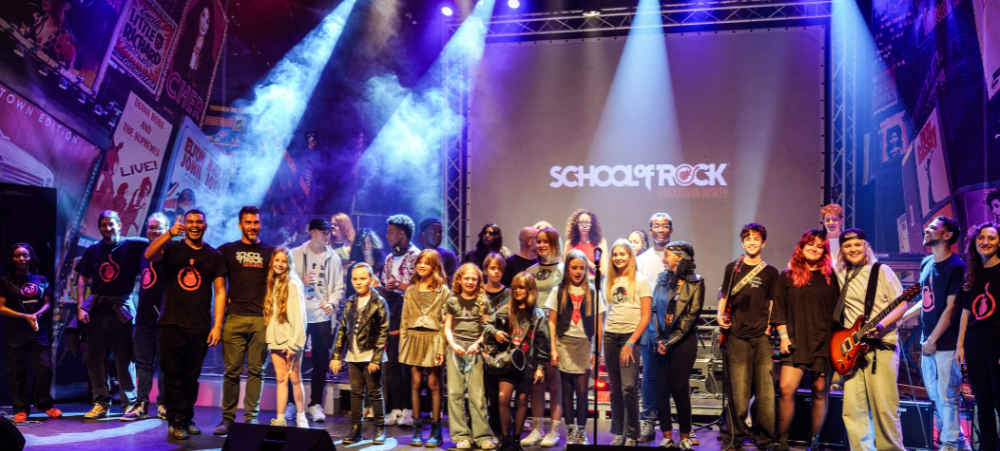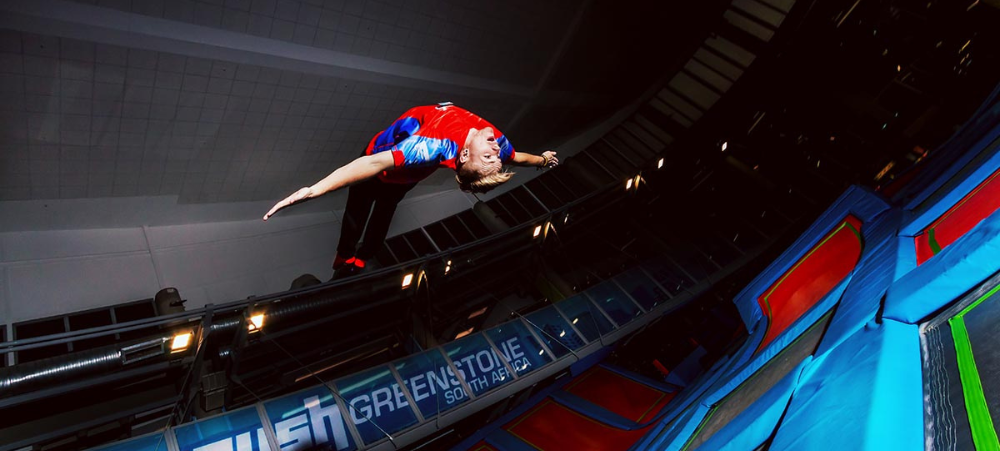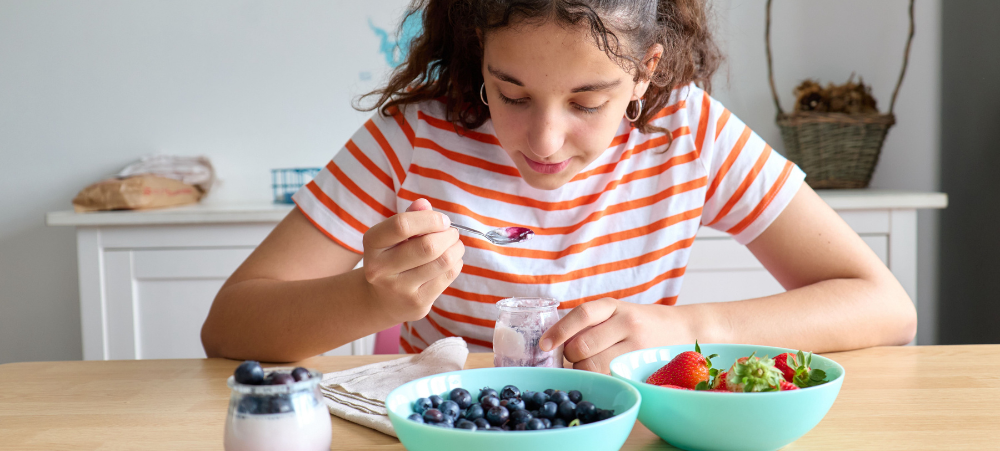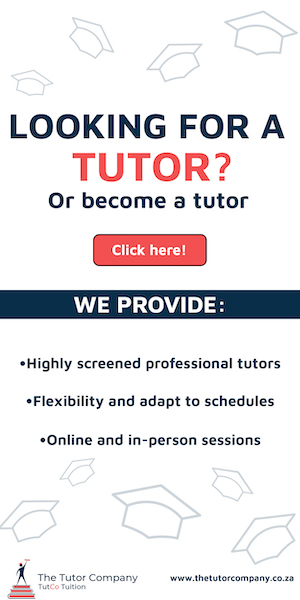
Unlock Your Child’s Potential Through Music: Why School of Rock Parktown North Is More Than Just Lessons
While traditional lessons have their place, they’re not always the most engaging or inspiring, especially for kids. At School of Rock Parktown North Parktown North, we do things differently. Our unique, performance-based approach teaches children to play instruments by putting them in a real band, playing real music, and performing live on stage. It’s exciting, empowering, and packed with lifelong benefits, both musical and personal. If you’re looking for an activity that builds confidence, inspires creativity, and helps your child thrive, read on to see how School of Rock Parktown North Parktown North can change their tune. Music Lessons Reimagined At School of Rock Parktown North, we believe that kids learn best when they’re having fun, and nothing’s more fun than being in a band. Instead of only learning in isolation, our students take part in weekly individual lessons and band rehearsals, where they learn to play alongside others and prepare for a live rock concert. This hands-on, high-energy approach keeps students motivated and helps them progress faster than traditional methods. Learning becomes purposeful, social, and something they truly look forward to. Whether your child wants to play guitar, bass, drums, keyboards or sing, they’ll be part of a supportive, exciting environment that builds confidence. Why Performance Makes All the Difference We place a strong emphasis on live performance because it brings out the best in young musicians. When children know they’re working toward a real show, they become more engaged, disciplined, and excited to practise. But the benefits go far beyond musical skill: For many children, that moment on stage is life-changing. Experienced Musicians Who Inspire Our teachers are working musicians with real-world experience. From gigging and recording to touring, they bring music to life in a way that resonates with students. Importantly, they’re also trained in School of Rock Parktown North’s teaching approach, making them excellent mentors who know how to connect with children and keep them engaged. They meet each student where they are, tailoring lessons to individual interests and learning styles. A Curriculum That Strikes the Right Chord We follow a structured yet flexible curriculum that teaches kids the foundations of music, technique, theory, rhythm, and more, through the lens of songs they love. Whether your child is into classic rock, pop, punk, or indie, they’ll be learning music that excites and challenges them. This balance of structure and creative freedom helps children develop a solid musical base while exploring their individuality. More Than Just Music At its core, School of Rock Parktown North is about helping young people grow, not just as musicians, but as confident, capable individuals. Parents often tell us about the transformation they see: Music is an incredible outlet for self-expression, emotional regulation, and social connection. And when it’s taught in an environment that’s fun, dynamic, and nurturing, the results are powerful. For Kids of All Ages and Abilities One of the best things about School of Rock Parktown North is that it’s inclusive. Whether your child is just picking up an instrument for the first time or has been playing for years, there’s a place for them here. We welcome children of all skill levels and help them grow at their own pace, in a setting that values effort, creativity, and collaboration. It’s not about being the best, it’s about enjoying the journey and learning to shine in your own way. What Parents Are Saying “Our son found his confidence at School of Rock Parktown North. He used to be nervous in front of people, now he’s the one volunteering to play solos!”– Jess, Parktown North mum “It’s the highlight of the week for both our kids. They’ve learned so much musically, but more than that, they’ve found their tribe.”– Thabo, father of two Ready to Rock? At School of Rock Parktown North Parktown North, we do more than teach music, we help children find their voice, build self-belief, and experience the joy of creative expression. From the very first lesson to their moment on stage, we’re with them every step of the way. If you’re looking for an enriching activity that nurtures your child’s growth while being fun, engaging, and totally unforgettable, this is it. Book a Free Trial WhatsApp: 074 322 2000 Email: [email protected] Website: www.schoolofrock.com


































